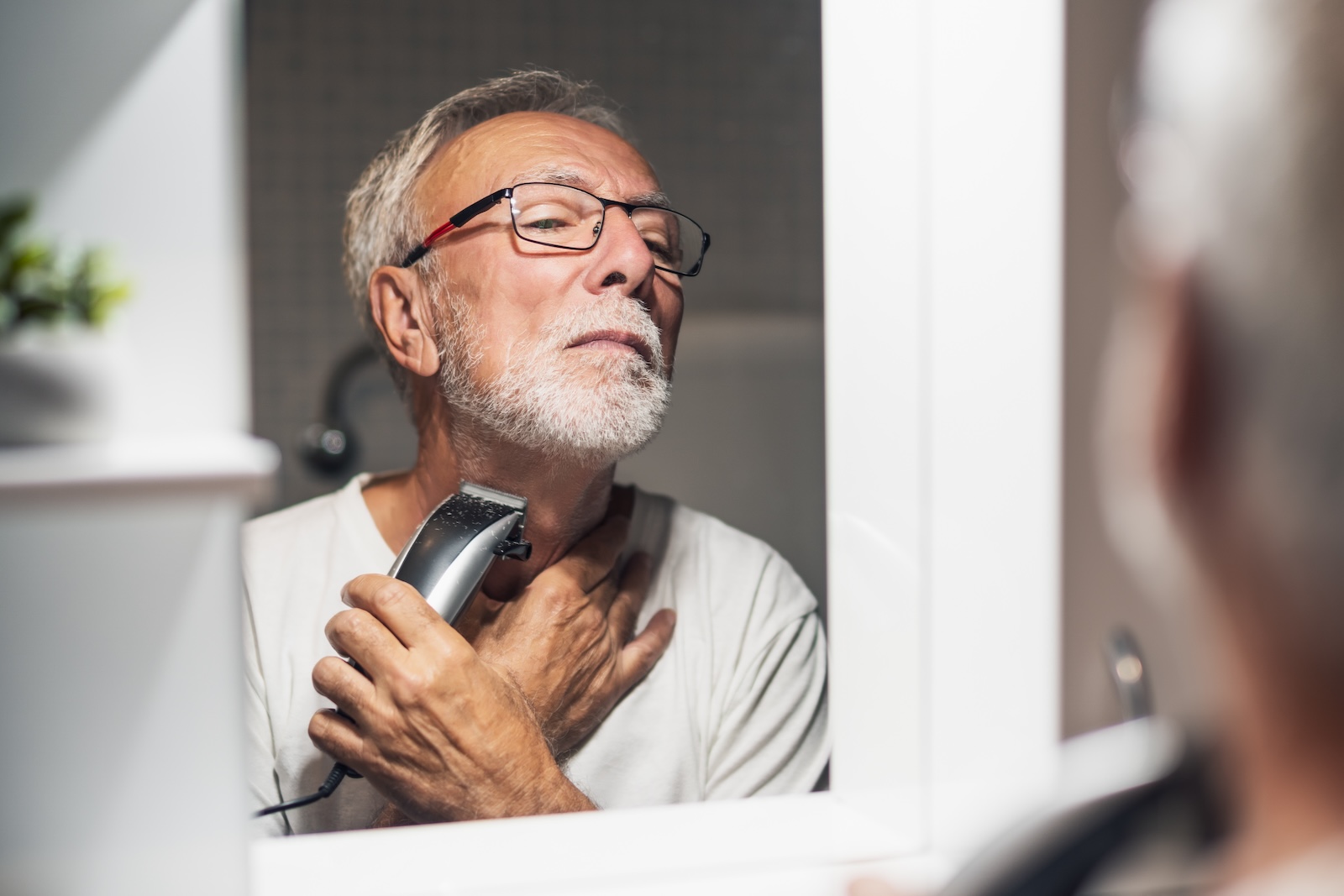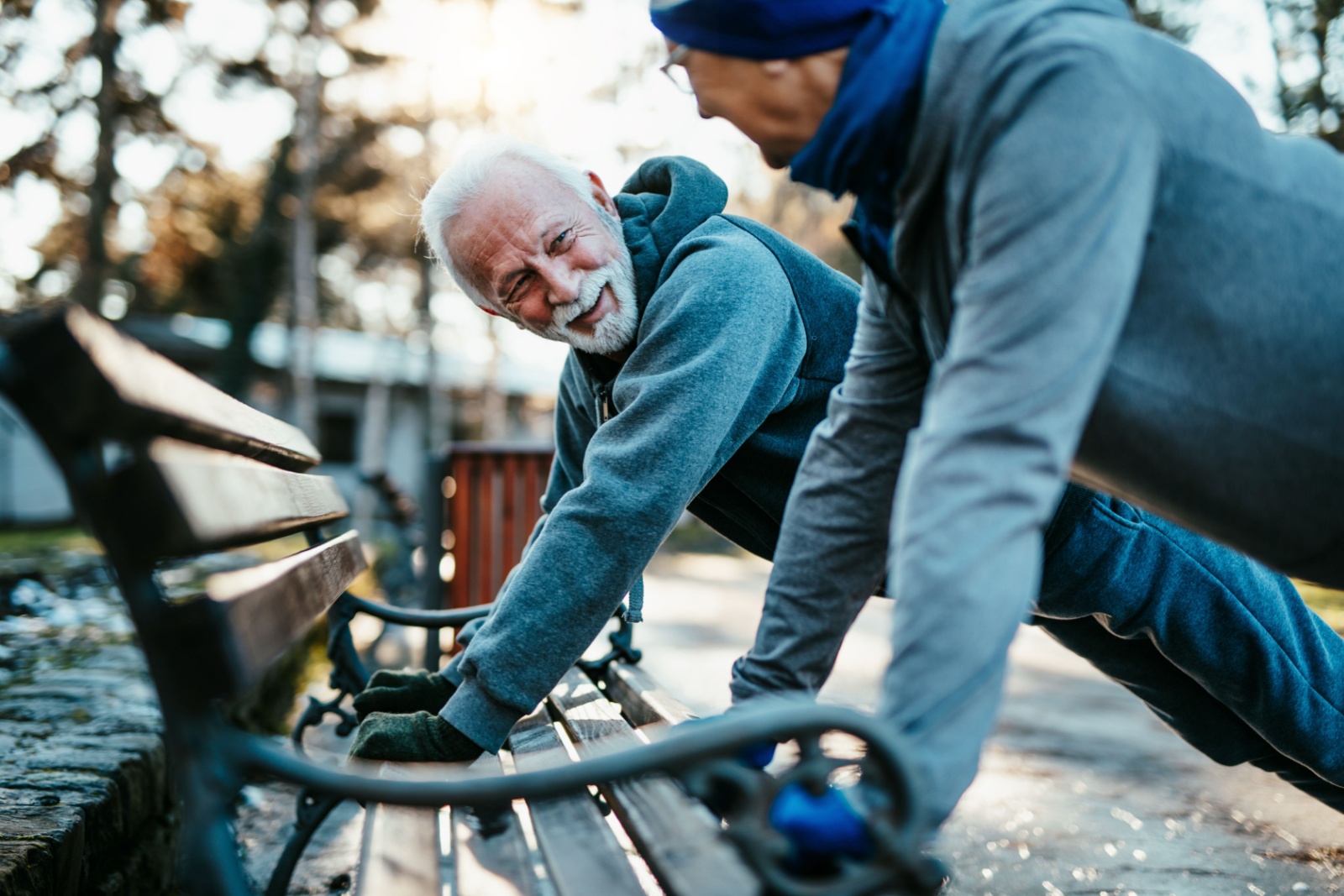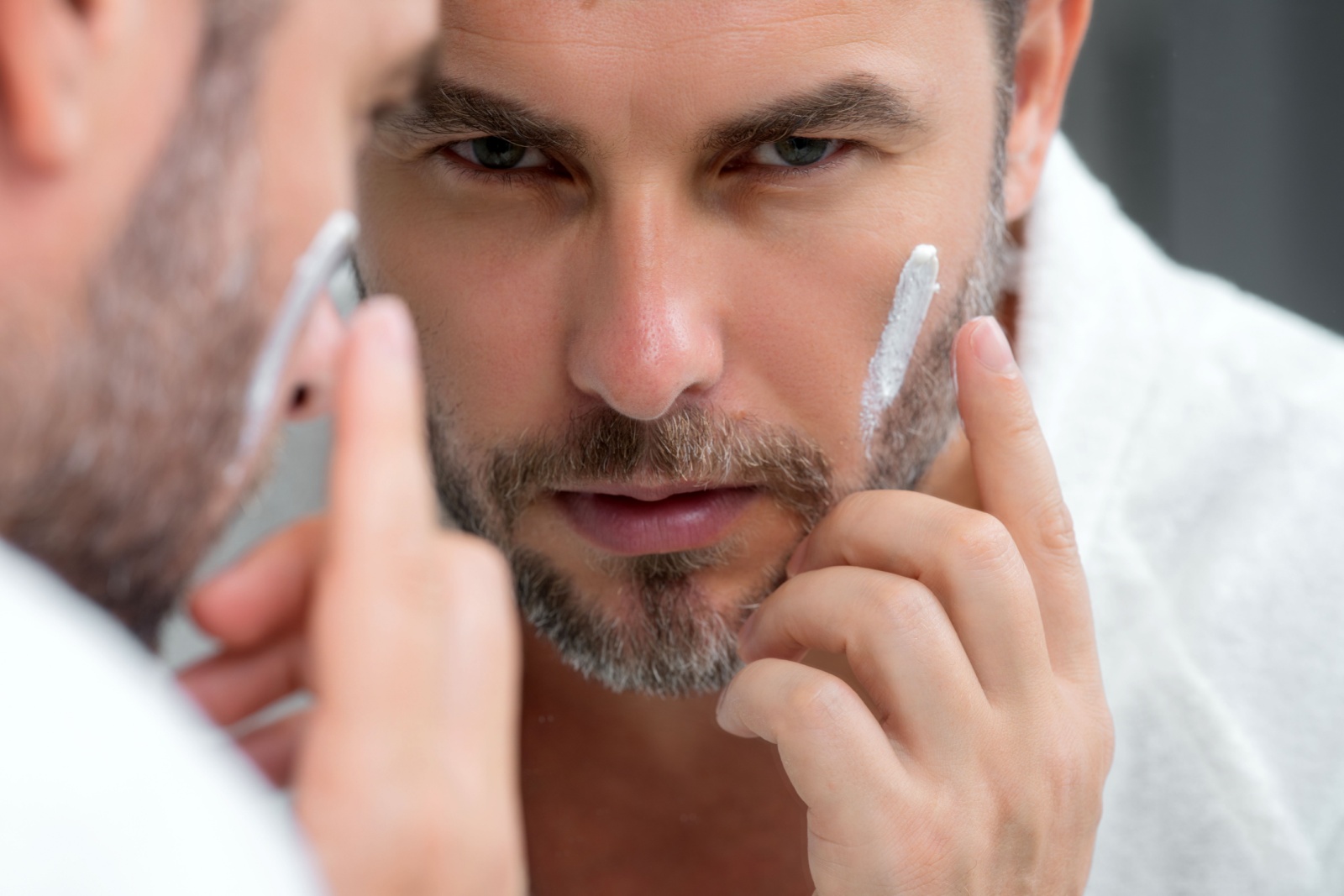Magazine
The Best Vitamins For Healthy Skin
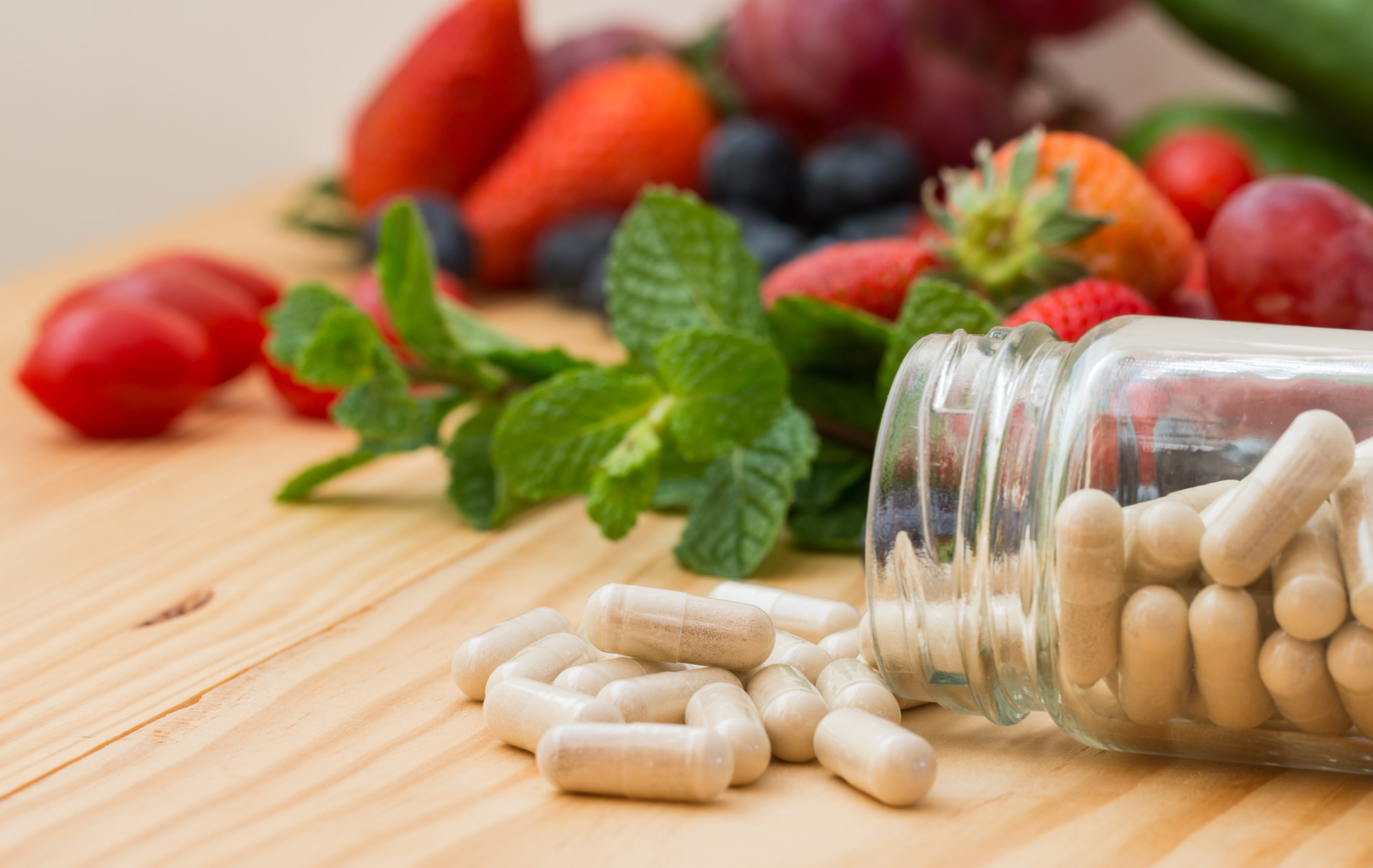
Did you know that 63 percent of men state that they don’t use face wash? In fact, 11 percent of men say they’ve never even tried face wash. In addition, 1/3 of men admit that they don’t wash their face daily.
The not-so-shocking truth is that skin care isn’t always a priority for men. However, it should be. Healthy skin helps prevent dehydration and protects you from infection.
Your skin has many important jobs, and if you don’t take good care of it, it has a difficult time doing that job. Vitamins for healthy skin are one way to take care of your skin. However, which skin vitamins should you take?
Keep reading to find out more about the best skin vitamins.
Collagen
Collagen is a protein produced by your body. It’s the most abundant protein in the body, and you can find it in your skin, muscles, bones, and tendons.
Collagen helps with the strength and elasticity of your skin. However, as you age, your body produces less collagen. You can see this as your skin becomes thinner and weaker.
Reduced collagen levels are also to blame for those pesky wrinkles that begin to form. Increasing the amount of collagen in your body can help.
Foods that Help Boost Collagen Levels
There are some foods you can eat that have bioavailable collagen. However, there are also foods you can eat that help your body produce more collagen naturally.
- Bone Broth
- Chicken
- Fish and shellfish
- Egg whites
- Citrus fruits
- Berries
- Tropical fruits
- Garlic
- Leafy greens
- Beans
- Cashews
- Bell peppers
- Tomatoes
Biotin
Biotin is part of the B complex of vitamins. It also gets referred to as Vitamin B7. Biotin has several functions in the body, including helping break down carbohydrates and fats.
Research has discovered that Biotin can help your skin in a number of ways. It can help with the smoothness, hydration, appearance, and the strength of your nails.
One of the downsides of a Biotin deficiency is that there’s no test that helps identify it. You will only know that you have a biotin deficiency from the symptoms.
Some of the symptoms of a Biotin deficiency include:
- Red scaly rash around eyes, nose, and mouth
- Thinning hair
Foods That Can Help Boost Biotin
To maintain good levels of Biotin, you need to eat it often. This is because it’s a water-soluble vitamin, and your body does not store it. Fortunately, there are a number of foods that can help with your Biotin levels.
These foods include:
- Egg yolks
- Legumes
- Sweet Potatoes
- Liver
- Nuts and seeds
- Broccoli
- Bananas
- Mushrooms
- Yeast
- Avocados
Zinc
Zinc is another nutrient that plays various roles in your body. This nutrient is important for your immune system and metabolism. It also plays a role in your sense of taste and smell and helps with wound healing.
Because zinc helps with wound healing, it’s important for your skin. However, the importance goes beyond that. A zinc deficiency can also cause your body to produce a reduced amount of collagen.
Foods That Help Boost Zinc Levels
Zinc is fairly easy to get with a healthy diet. However, despite that, zinc deficiencies are pretty common. In fact, around 1.1 billion people worldwide have a zinc deficiency.
Foods that can help with zinc levels include:
- Rock oysters
- Lamb shank
- Crab
- Beef
- Pumpkin seeds
- Oats
- Almonds
- Lobster
- Muesli
- Chicken breast
- Cornflakes
- Yogurt
- Cashews
- Baked beans
- Milk
- Chickpeas
Antioxidants
Free radicals can occur in your body from natural processes or from external factors like smoking, air pollution, exposure to x-rays, and more. These radicals can do a lot of damage to your body.
They’ve been linked to heart disease, cancer, and diabetes. When it comes to your skin, free radicals break down the collagen.
This results in things like wrinkles, fine lines, and dark spots. Fortunately, there is a way to combat the free radicals in your body.
Antioxidants are molecules that help reduce the number of free radicals.
Foods With Antioxidants
Your body does produce antioxidants. However, boosting the number of antioxidants in your body through diet and supplements can help your body.
Some of the foods you can eat include:
- Dark chocolate
- Strawberries
- Blueberries
- Pecans
- Raspberries
- Goji berries
- Kale
- Red cabbage
- Artichokes
- Spinach
- Beans
- Beets
Vitamin C
Vitamin C connects back to antioxidants and collagen. Vitamin C is an antioxidant, and it’s a necessary part of forming collagen. Vitamin C also helps your body heal itself.
There are several reasons that someone can develop a Vitamin C deficiency. First, smokers or people who are exposed to secondhand smoke are more likely to have a vitamin C deficiency.
Second, certain GI issues or cancers can contribute to this type of deficiency. Finally, people who don’t eat the right foods are at risk of a Vitamin C deficiency.
Boost Your Vitamin C Levels
Most people get enough Vitamin C from their diets. However, if you’re struggling to get enough, there are several foods you can focus on eating.
Some of these foods include:
- Citrus
- Bell peppers
- Strawberries
- Tomatoes
- White potatoes
- Cruciferous vegetables
Vitamin E
This vitamin is fat-soluble and is another vitamin that plays the role of an antioxidant. Vitamin E also plays a key role in immune function and preventing clots from forming in your heart arteries.
You can find Vitamin E in your sebum. This is a natural oil your body produces to help your skin maintain its moisture. As you age, the amount of sebum you produce declines.
Vitamin E is also known for its anti-inflammatory effects when it comes to your skin. However, Vitamin E can get depleted by UV sources.
Foods that Help Boost Vitamin E Levels
A Vitamin E deficiency is rare in healthy people. However, there are some conditions that can contribute to that type of deficiency. There are a variety of foods that can help increase your Vitamin E levels.
Some of these foods include:
- Wheat germ oil
- Sunflower seeds
- Almonds
- Peanuts and peanut butter
- Pumpkin
- Mangoes
- Beet greens
- Avocado
- Asparagus
- Red bell pepper
Treat Your Body Well With Vitamins for Healthy Skin
The right vitamins for healthy skin can help your skin look great and stay healthy. There are various ways you can add these vitamins to your diet. However, you can also take supplements.
Are you looking for a supplement that contains the nutrients you need? Start shopping with us to find the best skin vitamins.
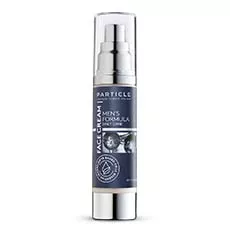
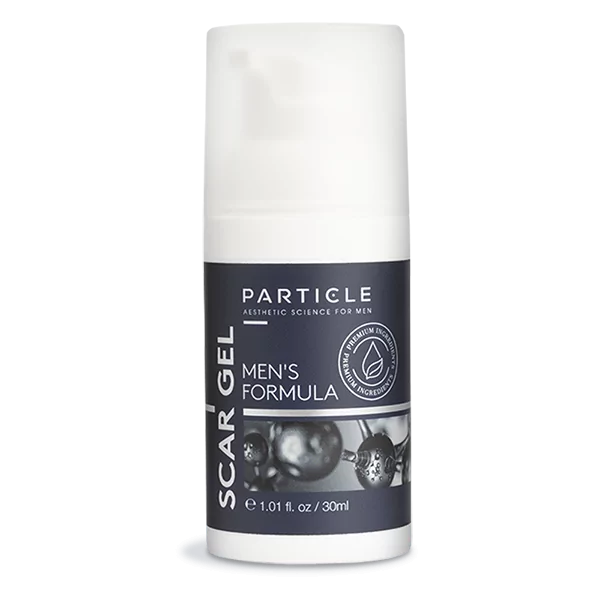
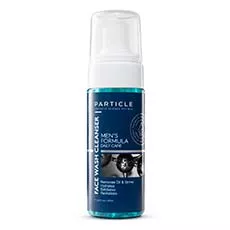
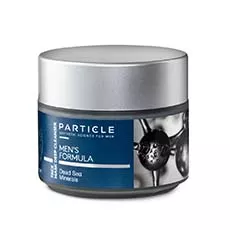
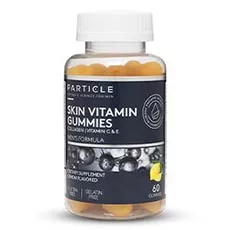
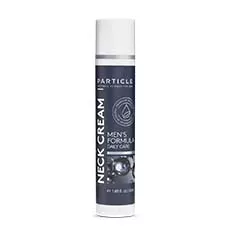
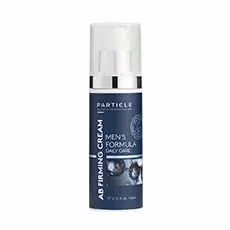
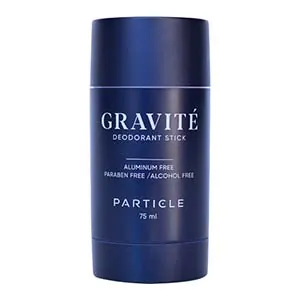
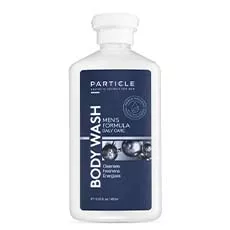
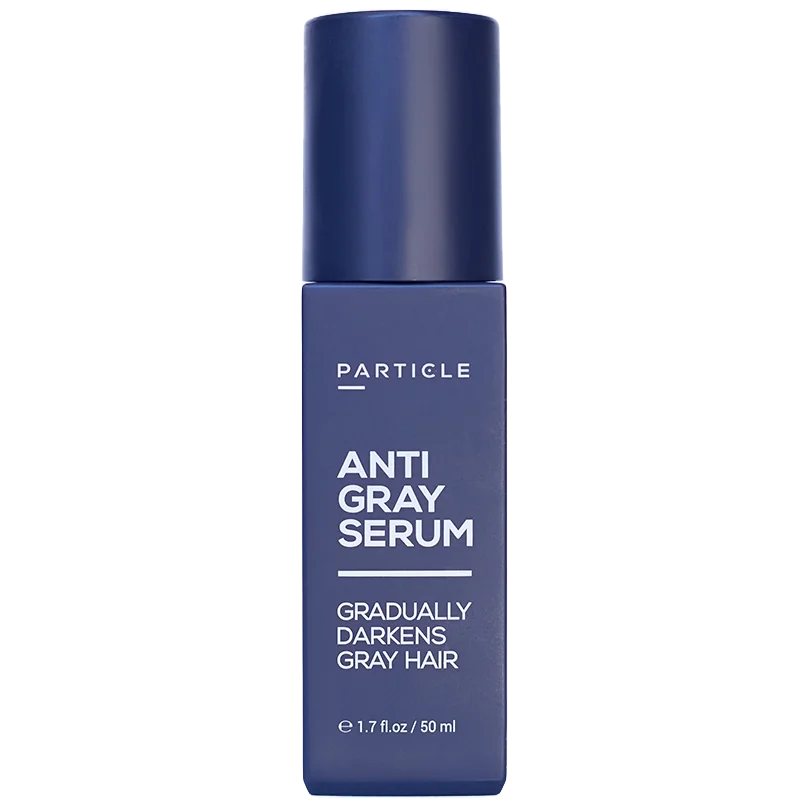
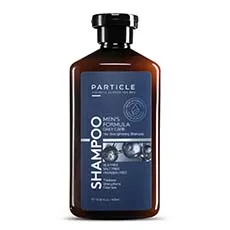
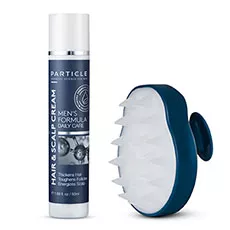
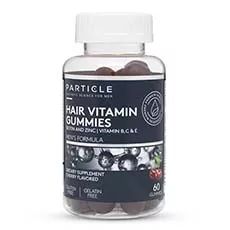
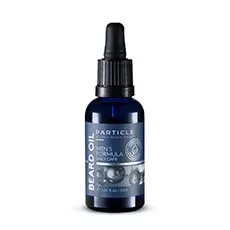
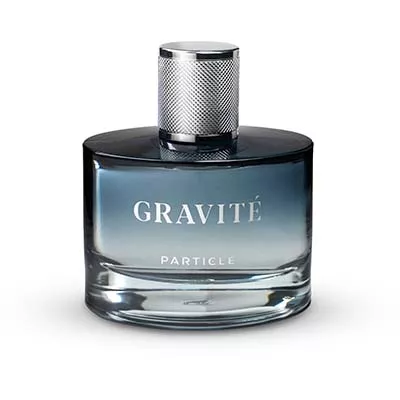

 au
au













